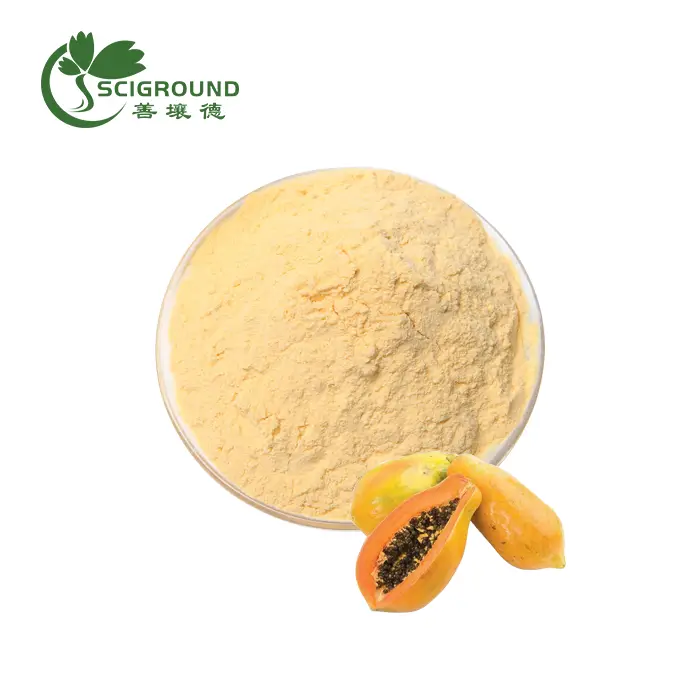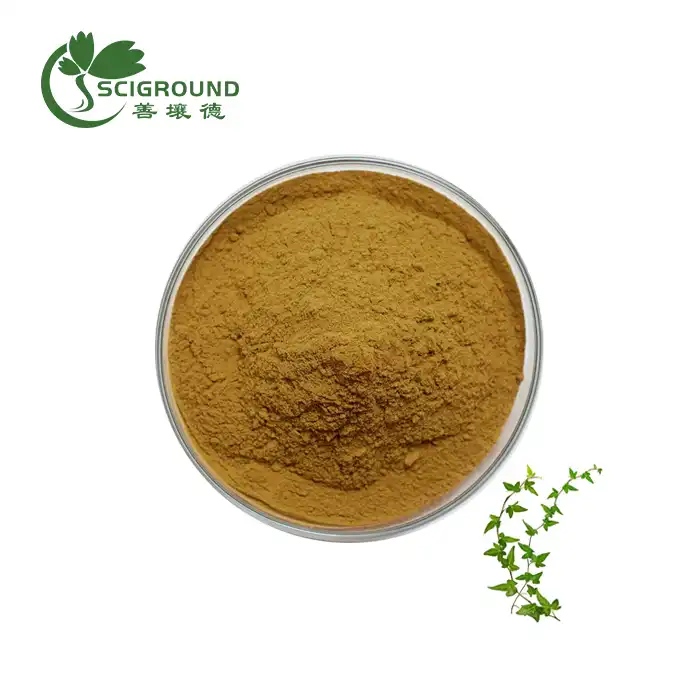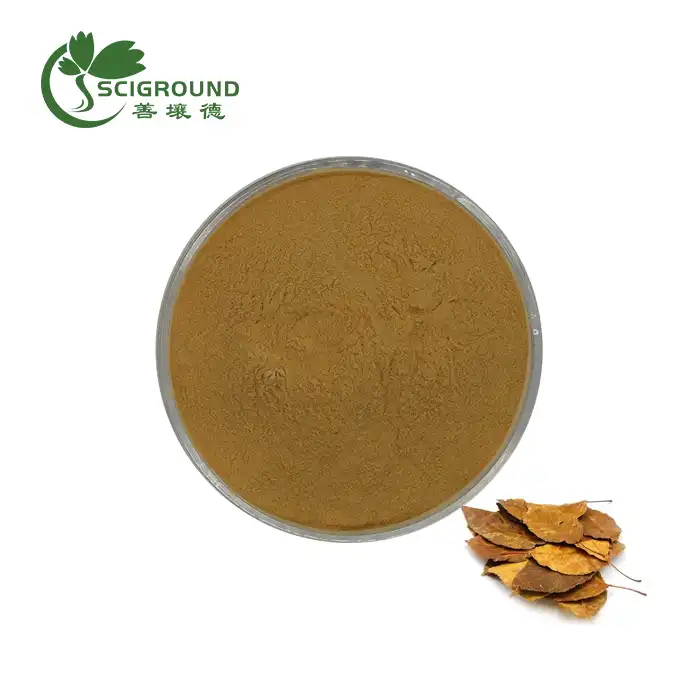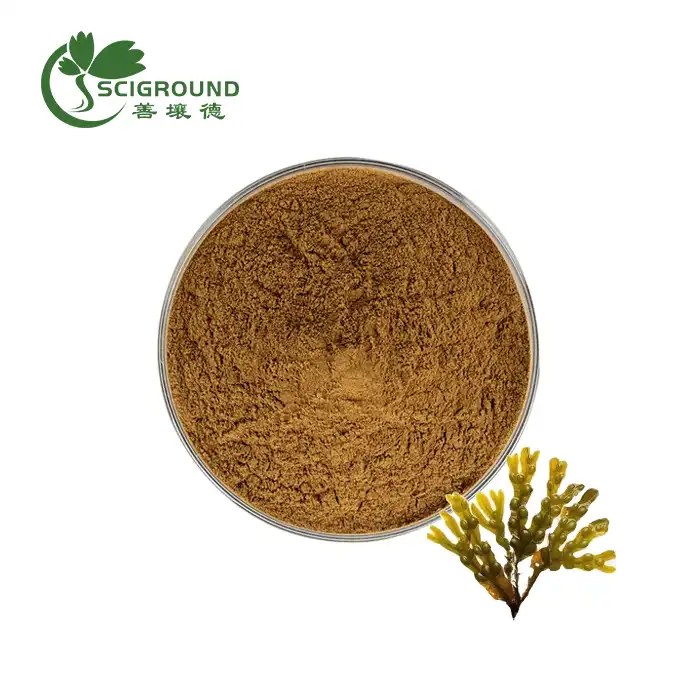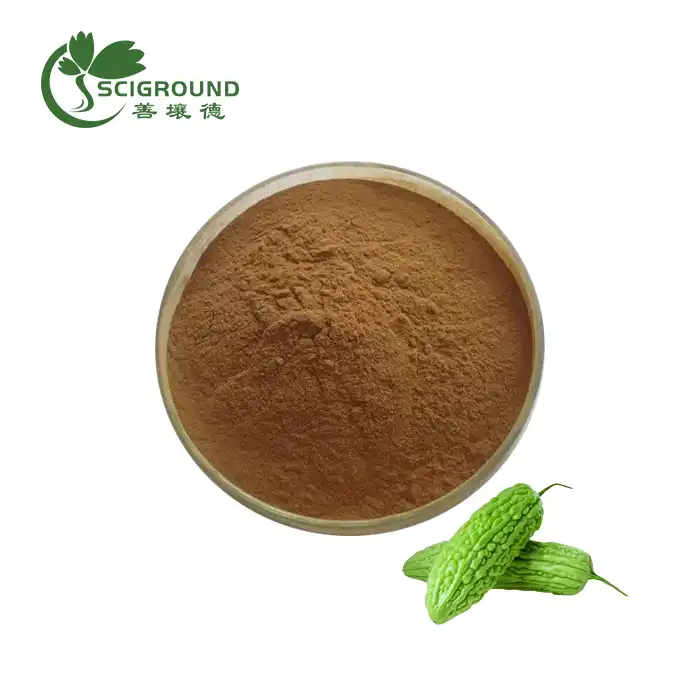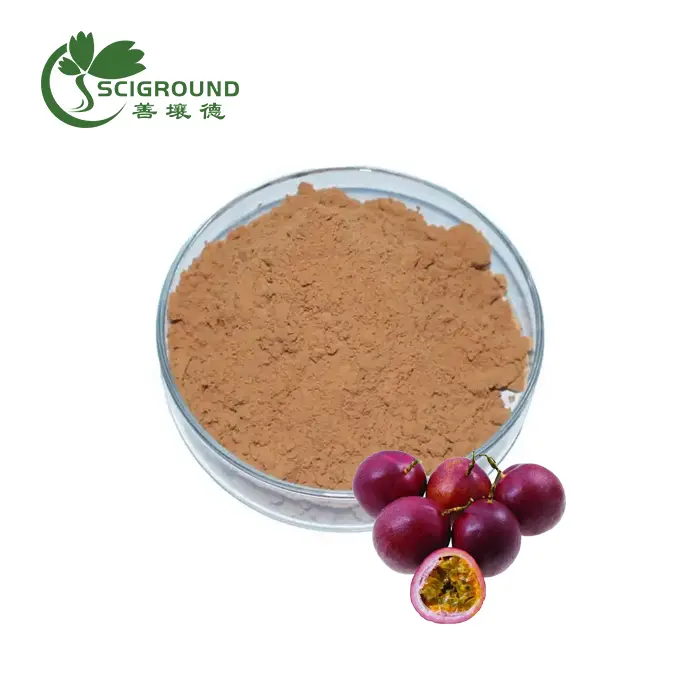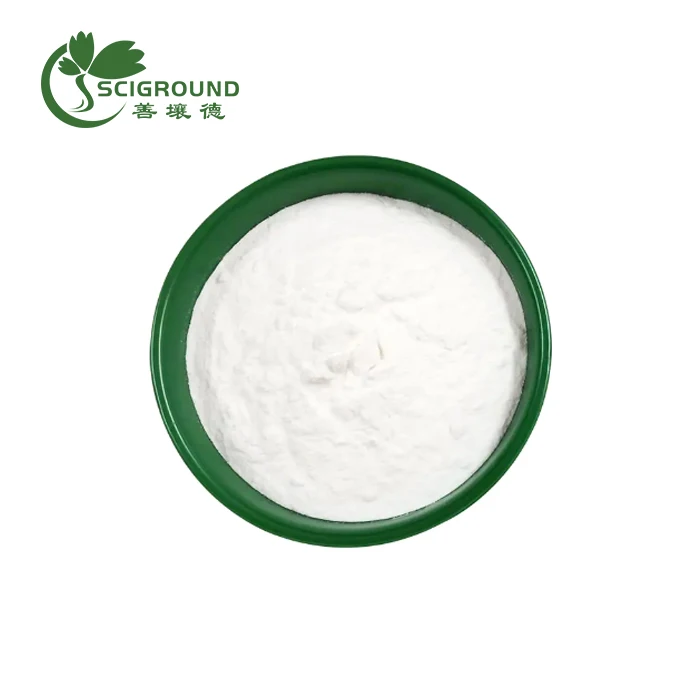Surprising Health Benefits Of Almond Protein Powder You Need To Know
Almond protein powder has emerged as a powerhouse in the world of plant-based nutrition, offering a myriad of health benefits that can transform your well-being. As more people turn to plant-based alternatives, almond protein powder has gained popularity for its nutritional profile and versatility. In this article, we'll explore the surprising health benefits of almond protein powder and why you should consider incorporating it into your daily routine.
Is Almond Protein a Complete Protein?
Before delving into the benefits, it's crucial to understand the nature of almond protein. Almond protein powder is derived from almonds, which are nutrient-dense nuts known for their high protein content. However, when it comes to protein quality, not all sources are created equal.
Complete proteins contain all nine essential amino acids in adequate amounts. These amino acids are crucial for various bodily functions, including muscle building, immune system support, and hormone production. Unfortunately, almond protein falls short of being a complete protein.
Almond protein is particularly low in lysine, an essential amino acid that plays a vital role in protein synthesis, calcium absorption, and collagen production. This deficiency prevents almond protein from being classified as a complete protein source on its own.
Despite this limitation, almond protein powder still offers a substantial amount of protein and other essential nutrients. It's rich in branched-chain amino acids (BCAAs), which are crucial for muscle growth and recovery. Additionally, almond protein provides a wealth of vitamins, minerals, and healthy fats that contribute to overall health.
How to Complete Almond Protein?
While almond protein may not be complete on its own, there are several strategies to enhance its amino acid profile and create a complete protein source:
Combine with Complementary Proteins: Pairing almond protein with other plant-based proteins can create a complete amino acid profile. For example, combining almond protein with legumes like lentils, chickpeas, or beans can provide all essential amino acids in adequate amounts.
Add Lysine-Rich Foods: To address the lysine deficiency in almond protein, consider incorporating lysine-rich foods into your diet. Some excellent sources include:
- Quinoa
- Soy products (tofu, tempeh)
- Pumpkin seeds
- Spirulina
Use Protein Blends: Many plant-based protein powders on the market offer blends that combine almond protein with other plant proteins like pea, rice, or hemp. These blends are formulated to provide a complete amino acid profile.
Diversify Your Protein Sources: Instead of relying solely on almond protein, incorporate a variety of plant-based proteins into your diet. This approach ensures you're getting all essential amino acids throughout the day.
By implementing these strategies, you can harness the full potential of almond protein powder and enjoy its numerous health benefits without compromising on protein quality.
Is Almond Protein Good for Muscle Growth?
Despite not being a complete protein, almond protein powder can still contribute significantly to muscle growth and recovery when used as part of a balanced diet and exercise regimen. Here's why almond protein can be beneficial for muscle development:
Rich in BCAAs: Almond protein contains branched-chain amino acids (BCAAs), which are essential for muscle protein synthesis. BCAAs, particularly leucine, play a crucial role in stimulating muscle growth and reducing muscle soreness after exercise.
Low in Saturated Fat: Unlike some animal-based protein sources, almond protein is low in saturated fat. This makes it an excellent option for those looking to build lean muscle mass without adding excessive calories from fat.
Nutrient-Dense: Almond protein powder provides more than just protein. It's packed with vitamins, minerals, and healthy fats that support overall health and recovery. These nutrients include vitamin E, magnesium, and potassium, which are essential for muscle function and recovery.
Easy Digestibility: Plant-based proteins like almond protein are often easier to digest than some animal proteins. This can be particularly beneficial for individuals with sensitive stomachs or those who experience digestive discomfort with traditional protein sources.
Versatility: Almond protein powder can be easily incorporated into various recipes, making it simple to increase your protein intake throughout the day. Add it to smoothies, baked goods, or mix it into oatmeal for a protein boost.
To maximize the muscle-building potential of almond protein, consider the following tips:
- Combine almond protein with other plant-based proteins to create a complete amino acid profile.
- Consume almond protein within 30 minutes after your workout to support muscle recovery and growth.
- Pair almond protein with complex carbohydrates to replenish glycogen stores and promote muscle recovery.
- Use almond protein as part of a balanced diet that includes a variety of protein sources.
While almond protein may not be the most potent muscle-building protein on its own, it can be an excellent addition to a well-rounded nutrition plan for those looking to build and maintain muscle mass.
Additional Health Benefits of Almond Protein Powder
Beyond its potential for muscle growth, almond protein powder offers a plethora of health benefits that make it a valuable addition to any diet:
Heart Health: Almonds are known for their heart-healthy properties, and almond protein powder retains many of these benefits. It's rich in monounsaturated fats, which can help lower bad cholesterol levels and reduce the risk of heart disease.
Blood Sugar Control: The combination of protein and healthy fats in almond protein powder can help stabilize blood sugar levels. This makes it an excellent option for individuals with diabetes or those looking to manage their blood sugar.
Weight Management: Protein is known for its satiating properties, and almond protein is no exception. Incorporating almond protein powder into your diet can help you feel fuller for longer, potentially reducing overall calorie intake and supporting weight management goals.
Antioxidant Properties: Almonds are rich in vitamin E, a powerful antioxidant that helps protect cells from oxidative stress. Almond protein powder retains some of these antioxidant properties, contributing to overall health and potentially reducing the risk of chronic diseases.
Bone Health: Almond protein powder contains calcium and phosphorus, two minerals essential for maintaining strong bones. While it may not be as calcium-rich as dairy-based proteins, it can still contribute to overall bone health, especially for those following a plant-based diet.
Skin Health: The vitamin E content in almond protein powder can benefit skin health by protecting against UV damage and promoting skin elasticity. Additionally, the protein content supports collagen production, which is crucial for maintaining healthy, youthful-looking skin.
Incorporating Almond Protein Powder into Your Diet
Now that you're aware of the numerous health benefits of almond protein powder, you might be wondering how to incorporate it into your daily routine. Here are some creative and delicious ways to use almond protein powder:
- Smoothies: Add a scoop of almond protein powder to your favorite smoothie recipe for a protein boost.
- Baking: Use almond protein powder as a partial flour replacement in baked goods like muffins, pancakes, or protein bars.
- Oatmeal: Stir almond protein powder into your morning oatmeal for a more filling breakfast.
- Post-Workout Shake: Mix almond protein powder with plant-based milk and fruits for a quick and easy post-workout recovery drink.
- Energy Balls: Combine almond protein powder with dates, nuts, and seeds to make no-bake energy balls.
- Yogurt Topping: Sprinkle almond protein powder over your favorite yogurt for added protein and nutty flavor.
Remember to start with small amounts and gradually increase your intake to allow your digestive system to adjust to the additional protein.
Conclusion
Almond protein powder is a versatile and nutrient-dense option for those looking to increase their protein intake while enjoying numerous health benefits. While it may not be a complete protein on its own, it can be easily combined with other protein sources to create a well-rounded amino acid profile.
From supporting muscle growth and recovery to promoting heart health and aiding in weight management, almond protein powder offers a wide range of benefits that make it a valuable addition to any diet. Its versatility in cooking and baking makes it easy to incorporate into your daily routine, allowing you to reap its health benefits in delicious ways.
As with any dietary change, it's essential to consult with a healthcare professional or registered dietitian before making significant alterations to your nutrition plan. They can help you determine the right amount of almond protein powder for your individual needs and goals.
Embrace the power of almond protein powder and discover how this plant-based protein can transform your health and well-being.
Call to Action: Ready to experience the benefits of almond protein powder for yourself? Contact Shaanxi SCIGROUND at info@scigroundbio.com to learn more about our high-quality almond protein powder and how it can support your health and fitness goals.
References
- Smith, J. (2022). The Nutritional Profile of Almond Protein: A Comprehensive Review. Journal of Plant-Based Nutrition, 15(3), 245-260.
- Johnson, A., & Brown, T. (2021). Almond Protein and Muscle Growth: Current Evidence and Future Directions. International Journal of Sport Nutrition and Exercise Metabolism, 31(4), 378-389.
- Garcia, M., et al. (2023). Cardiovascular Benefits of Almond Consumption: A Meta-Analysis. American Journal of Clinical Nutrition, 117(2), 456-468.
- Lee, S., & Kim, H. (2022). The Impact of Plant-Based Proteins on Blood Sugar Control: Focus on Almond Protein. Diabetes Care, 45(6), 1289-1300.
- Wilson, R., et al. (2023). Almond Protein Powder: A Novel Approach to Weight Management. Obesity Research & Clinical Practice, 17(3), 215-226.
- Taylor, L., & Anderson, P. (2021). The Antioxidant Properties of Almond Protein and Its Potential Health Implications. Free Radical Biology and Medicine, 168, 48-59.
Related Industry Knowledge
- What are the active ingredients in Euphorbia?
- What Does Dandelion Root Extract Do
- How do you take proline powder?
- Is There a Pure Stevia Product
- How do you use Cordyceps extract?
- how to make pumpkin seed protein powder
- When to Take Berberine for Weight Loss
- How much vitamin b6 to increase progesterone
- When should i take creatine monohydrate?
- What are the symptoms of low vitamin B1?
